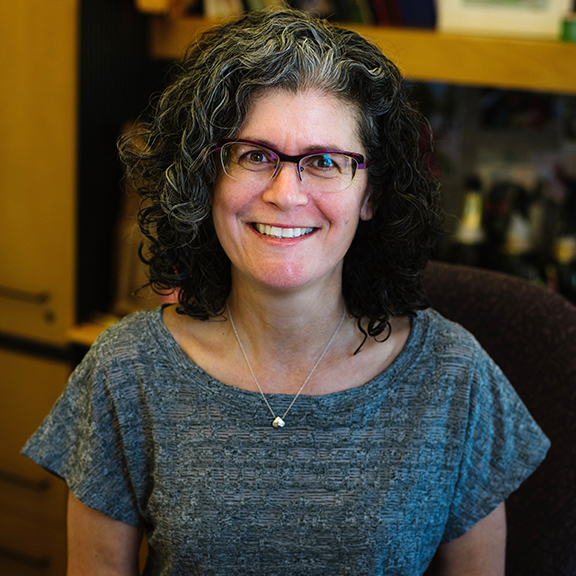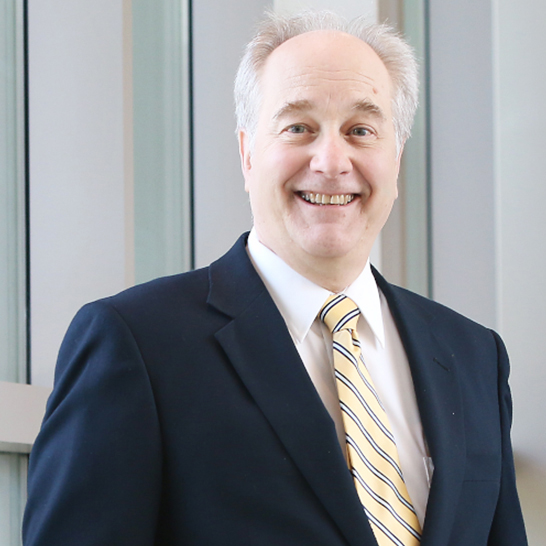TWiM explores evolution and host adaptation of Pseudomonas infections of plants, and the impact of COVID-19 on ESBL-producing E. coli on urinary tract and blood infections.
TWiM presents a novel mucosal COVID-19 vaccine based on a bacteriophage capsid, and potentiation of C. difficile infection severity by the gut bacterial community. Hosts: Vincent Racaniello, Michael Schmidt, and Michele Swanson Right click to…
TWiM explores the role of biofilms in infection by coronaviruses, and development of a Shigella vaccine using outer membrane vesicles derived from Salmonella.
To celebrate ten years, TWiM asks former hosts and guests to provide their thoughts on how microbiology has contributed to our understanding of the microbial world.
The TWiMmers explore detection of SARS-CoV-2 on surfaces in an ophthalmology examination room, the ability of stressed populations of Yersinia bacteria to survive antimicrobial treatment within host tissues, and how volatile organic chemicals produced by soil microbes attract arthropods which in turn disperse bacterial spores.
The TWiM team discusses eradicating racism in academia and STEM, and a peptide from commensal bacteria that protects skin from damage caused by MRSA.
The TWiM team explains how breathing can transmit SARS-CoV-2, and how lack of breathing leads to loss of mitochondria in a multicellular parasitic animal.
The TWiM team discuses saliva as more sensitive for SARS-CoV-2 detection in COVID-19 patients than nasopharyngeal swab and how Mycobacterium tuberculosis sulfolipid-1 activates nociceptive neurons and induces cough.
A ferret model for infection by SARS-CoV-2, and how Neolithization lead to emergence of a human bacterial pathogen.
Vincent, Elio and Michael reveal the ASM COVID-19 summit, and how Salmonella injects a protein into the cell to drive suppression of the immune response.




